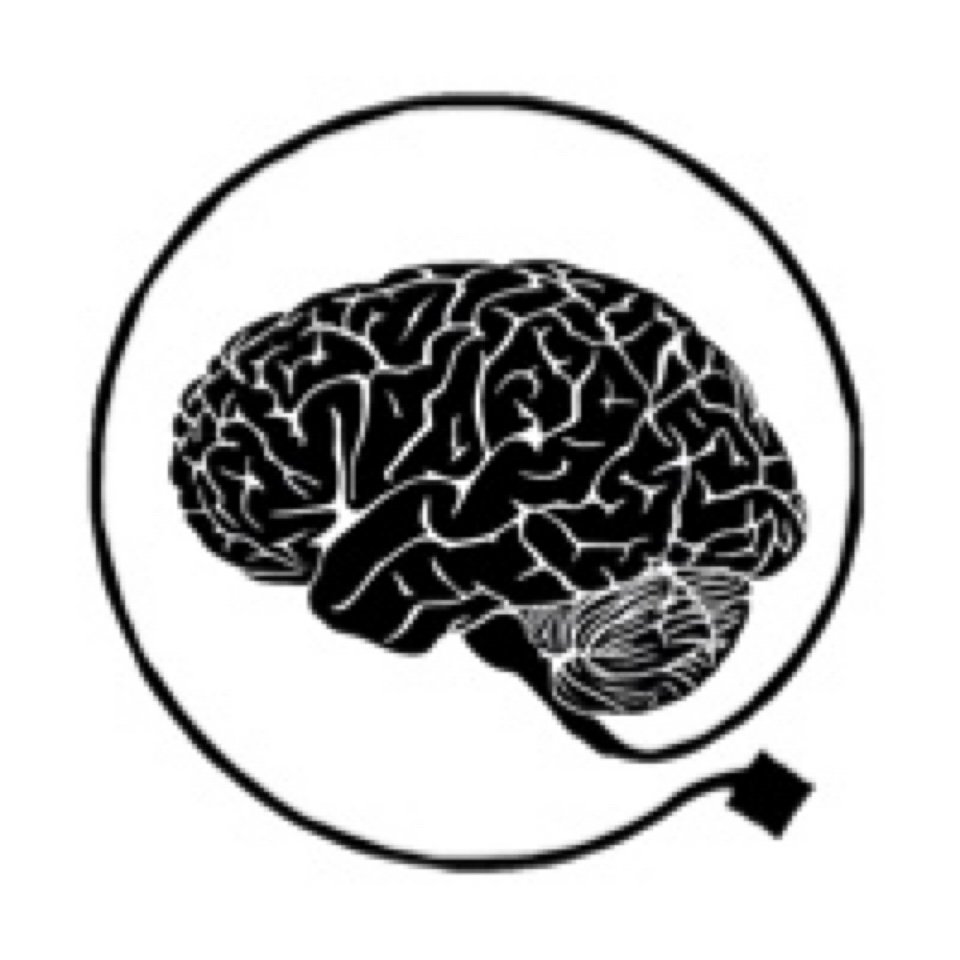
An interlude follows in which I consider how aspects of psychology can be conceived of as superstitious rituals which draw their authority from the epistemic dominance of science. I position the various uses of psychology within an epistemic landscape of descriptive explanation, as in the empirical sciences, and discursive explanation as in religion, clinical, and popular psychology.
The uses of psychology follow from the epistemic context of modernity.[1] This focus on uses reflects concern with how epistemological and ontological distinctions from science and philosophy come to exist as practices and technologies of analysis. Use refers to both explicit reference to mental concepts, including those couched in neuro-talk, as well as implicit cultural frames such as medical, and juridical institutions which mediate knowledge about the mind. This includes therapeutic endeavors, medication, and popular notions of psychic wellbeing, that may be highly under-theorized but which enact forms of power, authority, and aspiration. These uses demonstrate that our science of the mind is co-determined by cultural context, methodology, intellectual trends, and power as manifested in institutions, capital, and received wisdom.
Taking history and cultural context into account allows psychology as a human science to unravel the unique nature of our condition in which the mind is conceived through symbols and interpretative frameworks embedded in our practices and technologies of mind. Including history in its methodology would require the psychologist to act reflexively when formulating empirical projects and therapeutic interventions. This shift in the field’s commitments would itself open the door to further interdisciplinary work in which multi-level patterns would emerge between environmental and social conditions and the ways humans adapt through thought and behavior.
Psychology is a tangle of belief, practice, and institutions that serves as a path to secure metaphysical knowledge for many people. As a set of knowledge practices, psychology enacts our doubts, beliefs, and hopes about the self and the nature of the mind. Thus, my emphasis on emotions and the pragmatic nature of belief seeks to encapsulate how this confluence of forces comes to be embodied in the subject. I draw from the work of psychologists Kurt Danziger and Jerome Kagan to consider the epistemological consequences of belief in the mind sciences. Throughout the book, I promote a form of the mechanistic approach developed by William Bechtel, Carl Craver, and others, as supplemented by an evolutionary framework which emphasizes the role of affect within a neutral monism.[2]
[2] Asma, S. & Gabriel, R. 2019. The Emotional Mind: The Affective Roots of Culture and Cognition. Cambridge, MA: Harvard University Press.
Danziger, K. 1990. Constructing the subject: Historical origins of psychological research. Cambridge University Press. https://doi.org/10.1017/CBO9780511524059.
Kaplan, David Michael & Carl F. Craver, 2011, “The Explanatory Force of Dynamical and Mathematical Models in Neuroscience: A Mechanistic Perspective”, Philosophy of Science, 78(4): 601–627. doi:10.1086/661755
[1] Smith, R. 2013. Between the mind and nature: A history of psychology. UK: Reaktion books.
A Suspicious Science is divided into two parts. The first part describes the history and contemporary practices of empirical psychology. I explore the crucial explanatory role of analogical reasoning deployed in metaphors of mind, focusing in particular on how psychology draws from biology and engineering. A contrast between the discursive and descriptive functions of metaphor use serves as a deliberation upon the pragmatic consequences of this analogical strategy. I then review major critiques of the methodologies employed in empirical psychology vis-à-vis foundational issues in the philosophy of science which concern levels of explanation.
In A Suspicious Science, I analyze the epistemic context of the uses of psychology in contemporary society so as to develop an interdisciplinary, multi-level human science. I distinguish three uses of psychology: positivist-pragmatic empirical study, discursive therapeutic approaches which promote expressive individualism, and reflexive creative practices employed in the arts and the humanities. By describing the goals and methods of diverse forms of the mind sciences, I seek to explain how the emotional need for belief about the nature of mind is nested in a set of cultural practices we call psychology.
Koch, S. 1999. Psychology in Human Context: Essays in Dissidence and Reconstruction. Chicago, IL: University of Chicago Press.
In the second part of the book, I explore popular forms of psychology such as self-help literature and its reliance on magical thinking. This is followed by discussion of discursive uses of psychology in which the frame of individualism motivates psychodynamic theory. I then discuss tension in the differing notions of the scope of agency offered by bio-medical model and the discursive model vis-à-vis the use of drugs. This is illustrated by a neuropsychoanalytic contrast between discursive and bio-medical models in an interdisciplinary multilevel analysis of alcohol addiction. In the final chapter, I explore the creative uses of psychology in how mimetic and transcendent forms of Art enable reflexive articulation of norms, values, and meaning.
